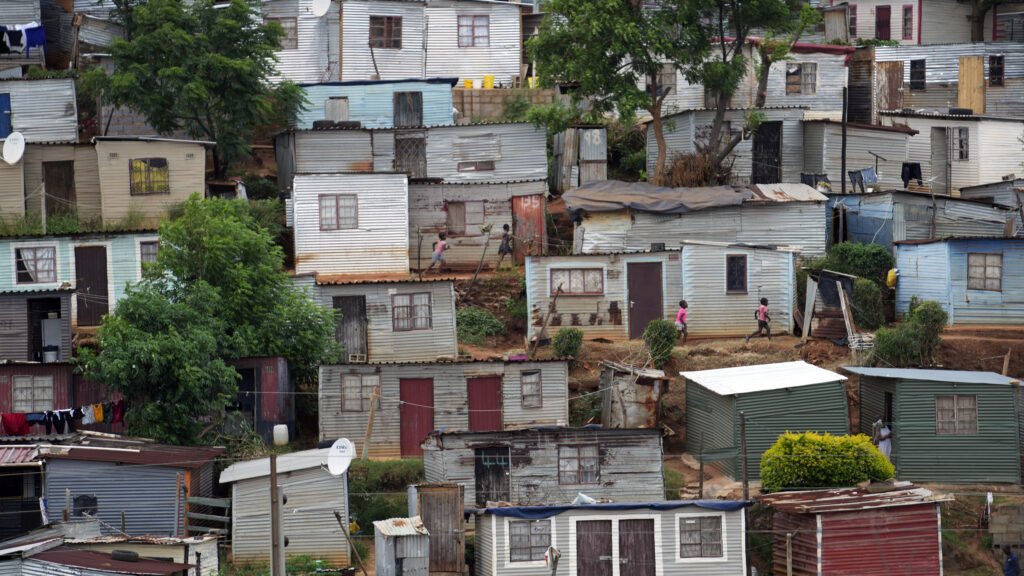As a young child growing up in the oldest high-density neighborhood in Harare, Zimbabwe, I found myself tracing the fabric of my mother’s gumbezi, unaware of the shadow of AIDS that loomed over my family. Both my parents succumbed to the virus before reaching the age of 40, leaving me to navigate a world shrouded in silence and shame.
However, despite the hardships I faced, I was fortunate enough to receive a scholarship that allowed me to pursue my studies in the United States. It was there that I delved into HIV research, working with various institutions dedicated to combating the virus across the African continent. My journey eventually led me to Botswana, where I had the privilege of working alongside clinical trial teams as they introduced groundbreaking antiretroviral treatments.
One such treatment that caught my attention was dolutegravir, a medication that has since become a cornerstone of HIV treatment, benefiting millions of individuals worldwide. Additionally, my focus shifted towards the development of long-acting preventative measures such as CAB-LA, an injectable medication that has shown promising results in preventing HIV before exposure.
Recently, a new game-changing development has emerged in the field of HIV prevention. The FDA approved Yeztugo, a brand name for lenacapavir, developed by Gilead Sciences. This revolutionary injection only needs to be administered twice a year and has demonstrated nearly 100% efficacy in global Phase 3 trials, with zero cases of HIV reported among participants.
As I reflect on these advancements, I am reminded of the importance of accessibility in the fight against HIV. While Gilead has taken steps to provide royalty-free licenses to generic manufacturers in low- and middle-income countries, more must be done to ensure that individuals in all regions have access to these life-saving medications. The burden of HIV falls disproportionately on women and girls in sub-Saharan Africa, emphasizing the urgent need for equitable distribution of preventative treatments.
Moving forward, it is crucial that global health agencies, governments, and pharmaceutical companies work together to expand access to medications like lenacapavir beyond income classifications. By prioritizing equity and investing in regional manufacturing, we can ensure that those most in need receive the care they deserve.
As I continue my journey towards becoming an infectious disease doctor, I carry with me the stories of those who have suffered and the hope of a brighter future for all. The power to make a difference lies in our hands, and it is up to us to ensure that advancements in HIV research translate into tangible benefits for those who need it most.


